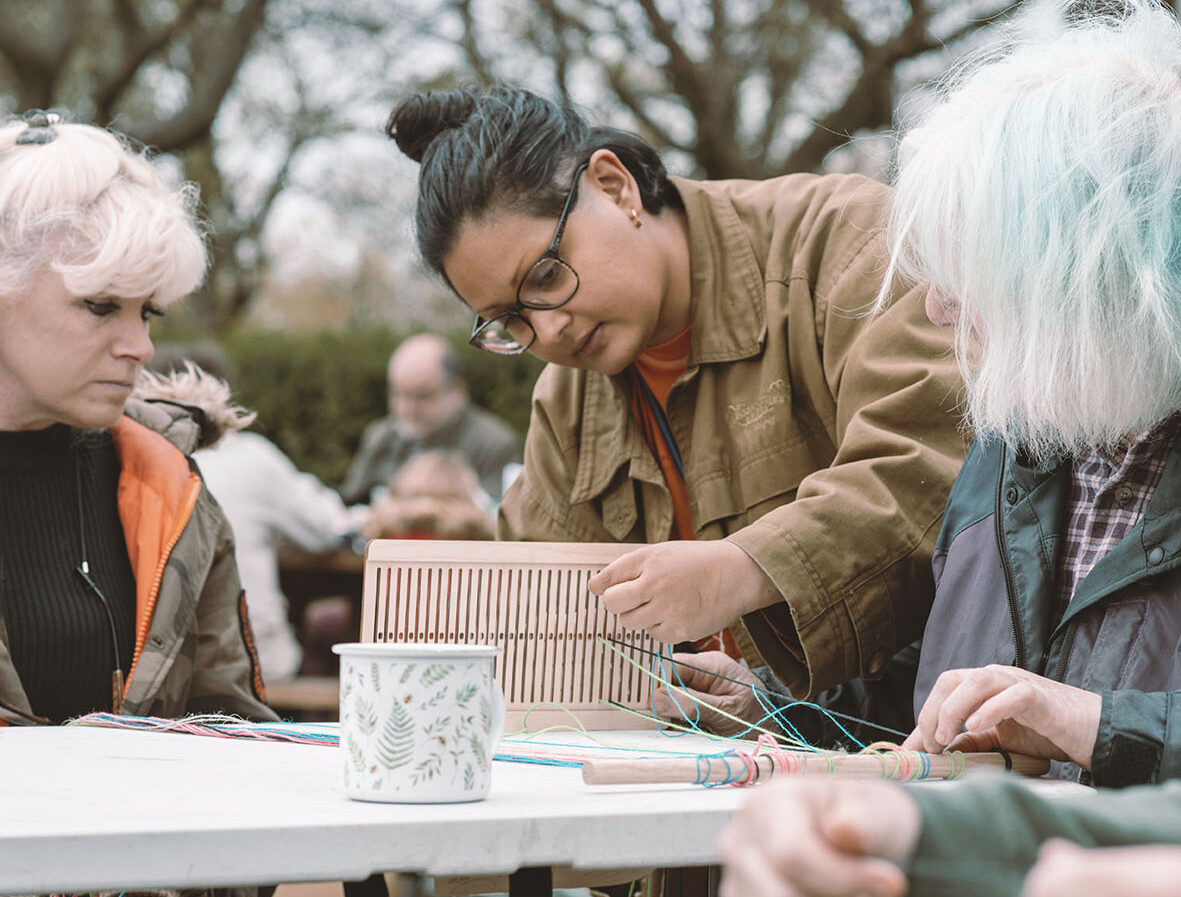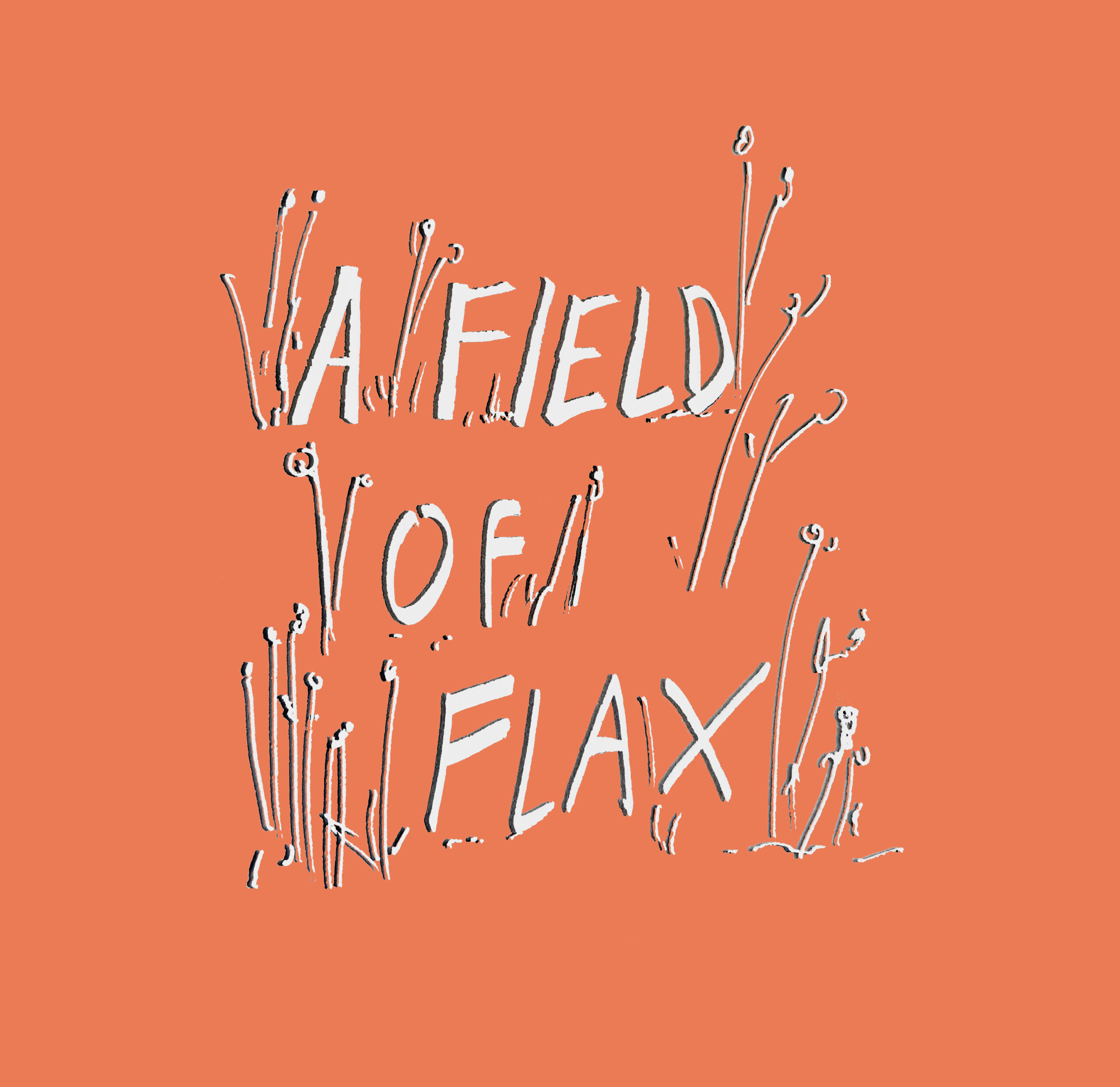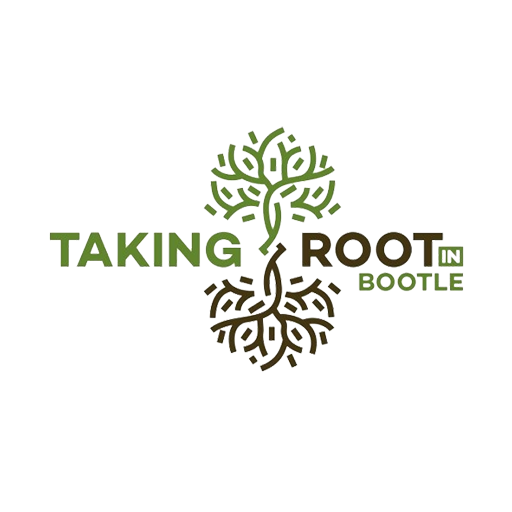A time-travelling exploration of place: artist and weaver Raisa Kabir will draw on Bootle-cum-Linacre’s heritage and work with community growers to transform public space into a collective garden, and reimagine Bootle’s sustainable future.
Before the imports of thread for spinning and weaving began in the 18th Century, North West of England was home to the production of linen — an ancestral heritage which is tied to Bootle, with Linacre meaning ‘Flax Field’. A new partnership between Taking Root and Rule of Threes Arts, A Field of Flax is a community growing project, inviting local people to play an integral role in enriching public space, and take action in the co-production of an environmental public artwork. Over the course of ten months, we will be growing Flax across different sites, using the growing process to promote learning about Linacre’s history, sustainable growing and textiles production.
The community will be invited to work alongside Kabir to nurture the flax from seed to flower and back to seed, before harvesting and processing the flax into thread. During the later stages of the project, Kabir will invite people to learn how to weave the homegrown thread into linen cloth using a community loom, stored at Bootle library, following the full cycle of textiles production from field to cloth.
A series of small creative workshops will run alongside the growing process, connecting local history to growing, fabric trade and urgent environmental concerns. Taking inspiration from other artist-led growing projects around the UK, we will invite artists, environmentalists and growers to talk about their work, run workshops and discuss key themes as the project unravels — including land rights, climate change and environmental justice.
A Field of Flax is funded by Arts Council England & Finnis Scott Foundation. We would like to say a massive thank you for their generous support and kindness, during the difficult circumstances we find ourselves in.
Through a period of distance, we are inviting local people to connect and take part in the project by growing at home, alongside us. We will be providing free grow-at-home kits with seeds, compost and instructions for Bootle residents to grow flax on their door steps, in their windowsills; front or back gardens. People of all ages are invited to participate as much, or as little, as they like — whether it is learning about the process through ‘heritage challenges’ and online talks, tending to public gardens, growing their own flax at home or simply enjoying watching the flax grow in public sites across Bootle.
To support our project, we are kindly asking for donations of large, unloved plant pots to go alongside seeds, instructions, and compost as part of our grow-at-home kits. Ideally, pots will be at least 10 inches deep to allow flax to grow. These pots will be repurposed and given a new home, as we deliver the kits to Bootle residents and families who would like to grow flax with us, safely at home. To donate a plant pot to a new home, please email hello@ruleofthrees.co.uk, with your address, and we will tell you a day to leave it on your doorstep, so we can collect them safely from a distance. Equally, if you are interested in the project and would like to be involved, please contact us by email and we can send you regular updates as the project develops.




















